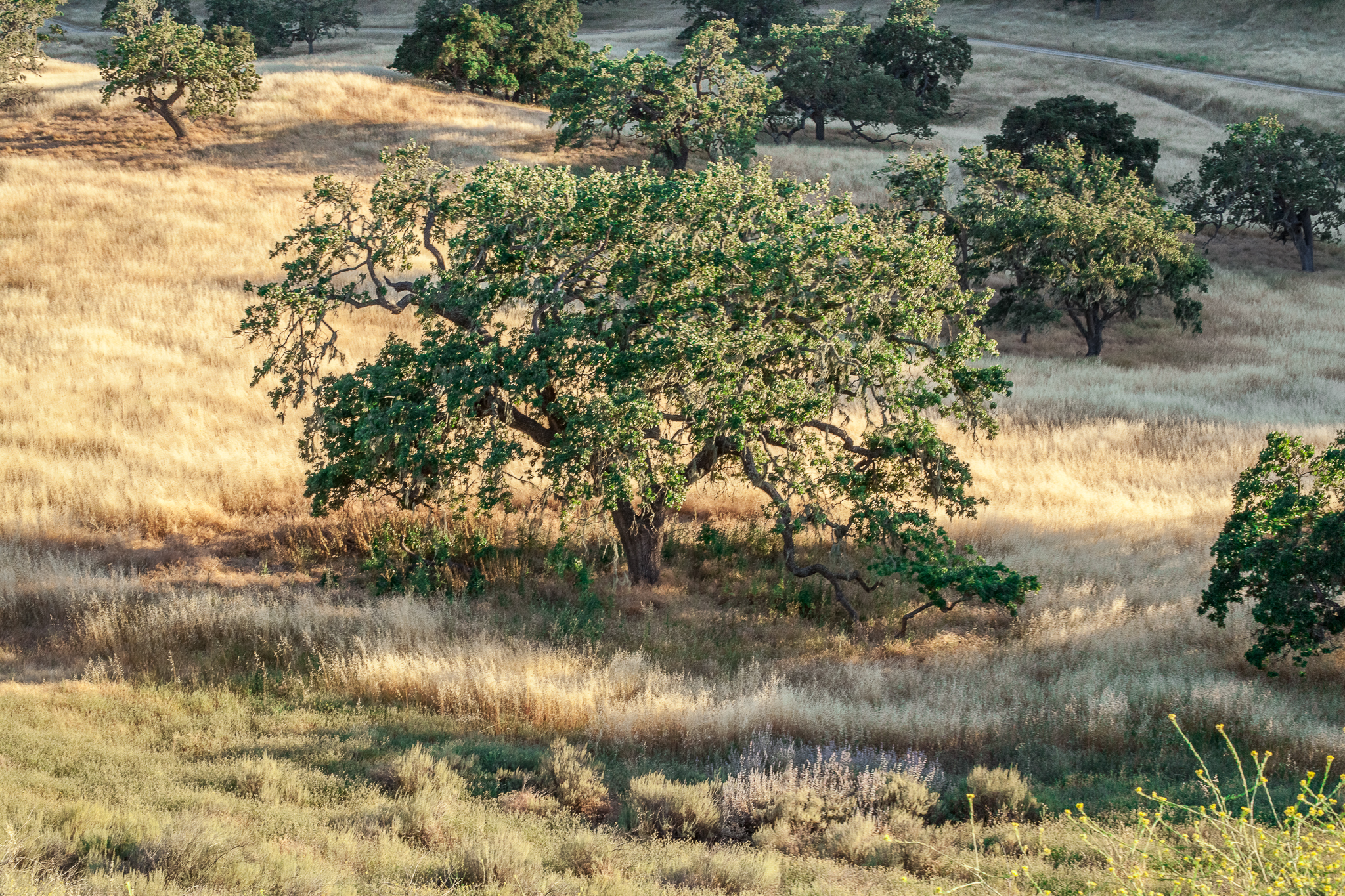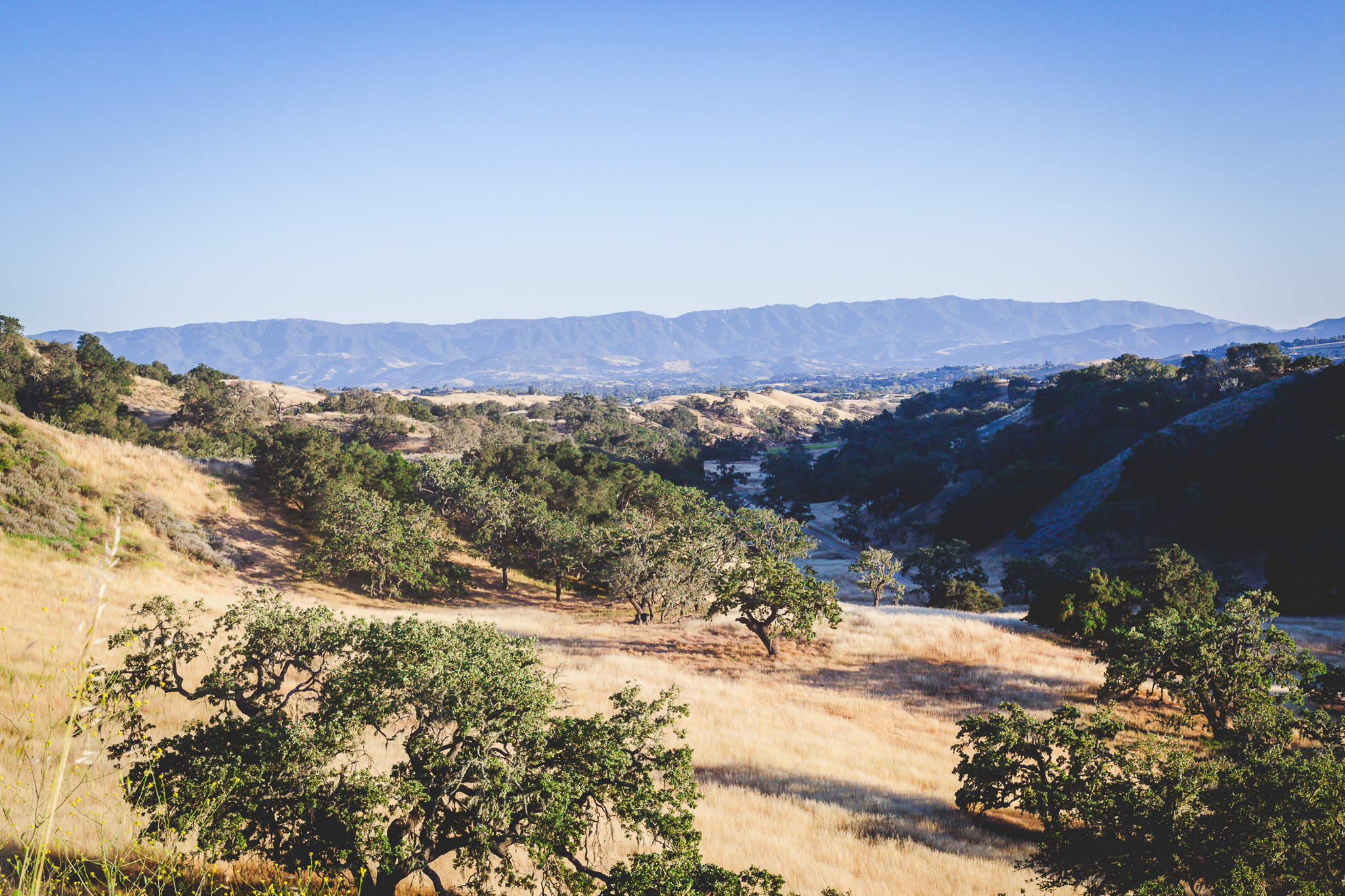
In 2009, Christopher McDougall authored the national best-selling book, “Born to Run: A Hidden Tribe, Superathletes, and the Greatest Race the World has Never Seen” a story about arguably the most gifted natural runners on the planet, the Tarahumara Indians of the Copper Canyons in Northern Mexico. Eight years later, on an 8,000 acre working cattle ranch in Los Olivos, California I was introduced to the Born to Run Ultra-marathons Extravaganza (BTR), an event that embodies many aspects of the running community, and to a larger extent humanity.
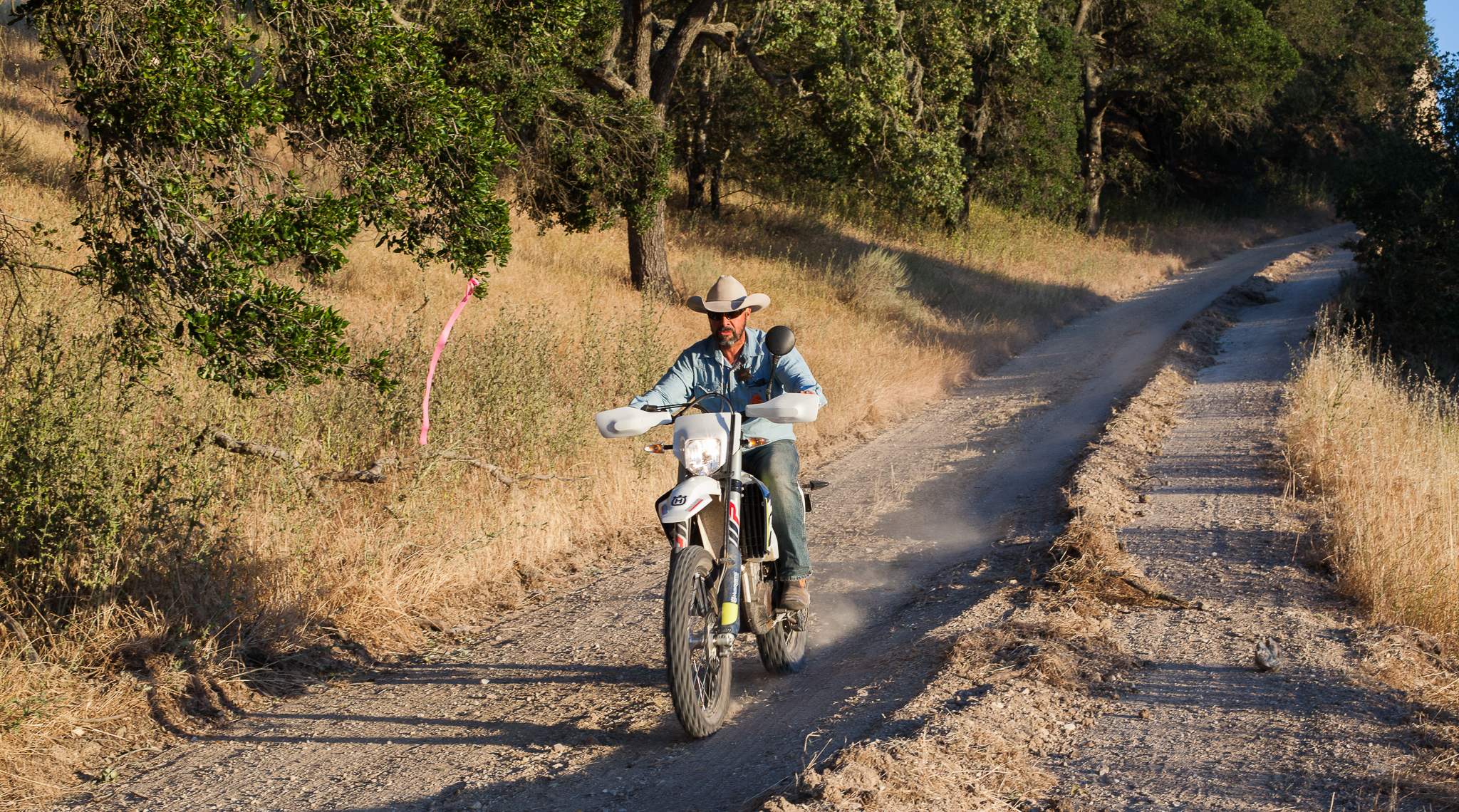
Every May, BTR is coordinated and directed by Luis Escobar (AKA, the Sheriff; pictured above), who also organizes the Santa Barbara Nine Trails Endurance Run, Santa Barbara Red Rock Trail Run, and La Cuesta the Ranch Trail Race in Santa Barbara County. Mr. Escobar has been fortunate enough to visit the Copper Canyons and meet members of the elusive Tarahumara Indians, he has also raised funds to bring these incredible, largely unrecognized super athletes to the United States to participate in local running events. Of these events, BTR is by far the ‘most dynamic,’ this 4-day event that is loaded with race options ranging from 0 to 200 miles in distance. Here, participants can race as competitively or as casually as they please, evidenced by the genesis of the 0.0km event. In addition to formal running events there are also other activities around “the ranch,” that registered participants may enjoy such as, wrestlemania, prom, cartwheel contests, the beer mile, or the no-talent show to name a few. Course-record holders and first-time runners alike gathered for a fun-filled extravaganza of trail racing and shenanigans on a very warm and dusty weekend.
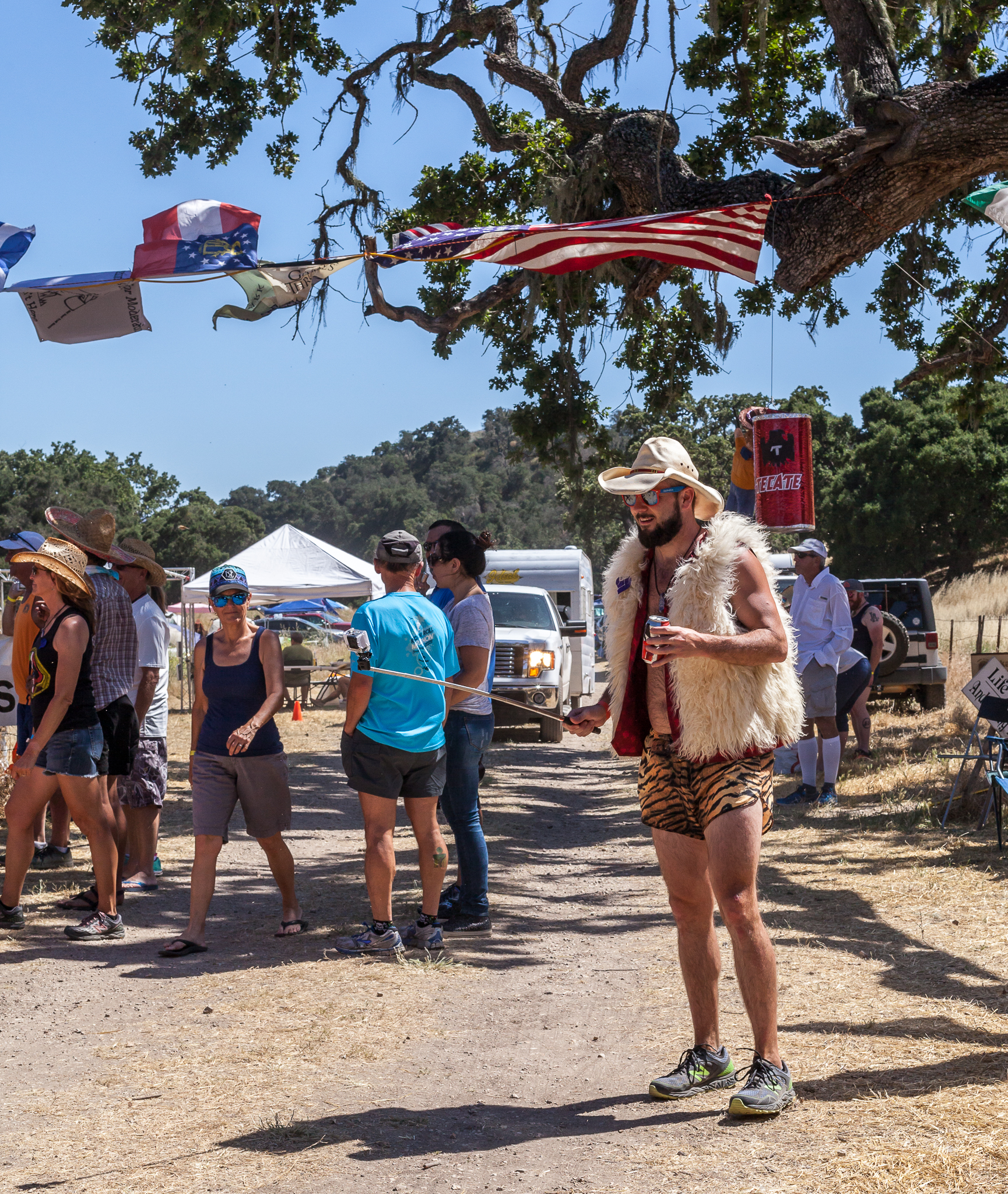
My BTR experience began with an impulsive entry into the infamous beer mile. The rules were simple, chug a beer and run a quarter mile, 4 times. After the second lap, my head began to grow heavy and eye sight became distorted only half-way through my first beer mile. I was lucky enough to have an experienced and supportive crew to hand me my beers as I made my way back to the start line. Friendly advice from strangers regarding pacing as well as taking extra precaution when belching on the run so as not to lose the alcohol, which was penalized by having to do an extra lap, was critical as I finished my first beer mile smiling ear to ear, albeit stumbling and heavily intoxicated.
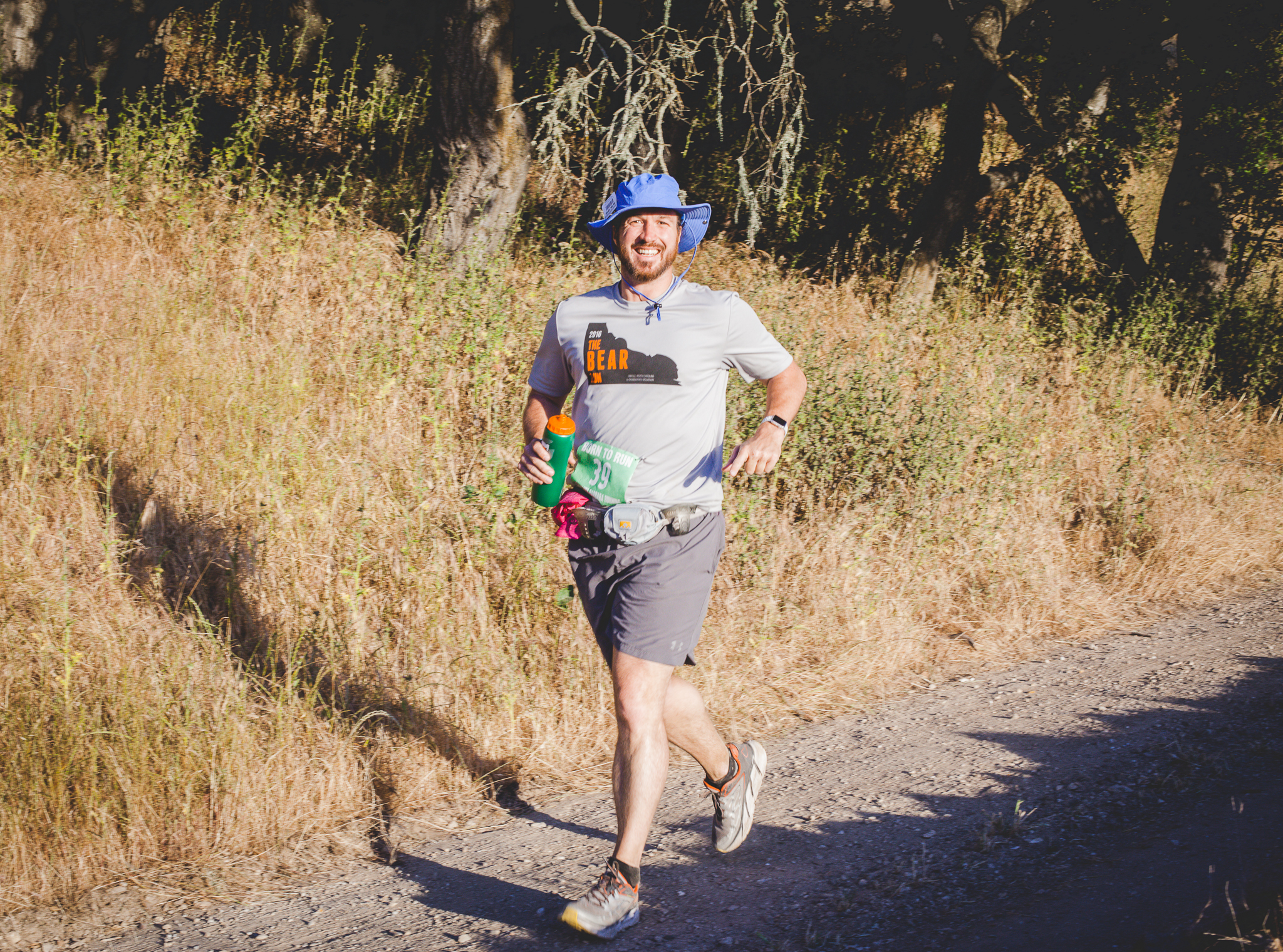
After the beer mile I spent time hydrating, enjoying a delicious burrito, and spending time with friends. But perhaps my most rewarding event began that evening at 8pm with an graveyard shift at the 4-day/200miler Oasis aid station directed by Mara and Manley Klassen. This was the first time I’ve volunteered at a racing event, motivated by my desire to obtain a new and different perspective.
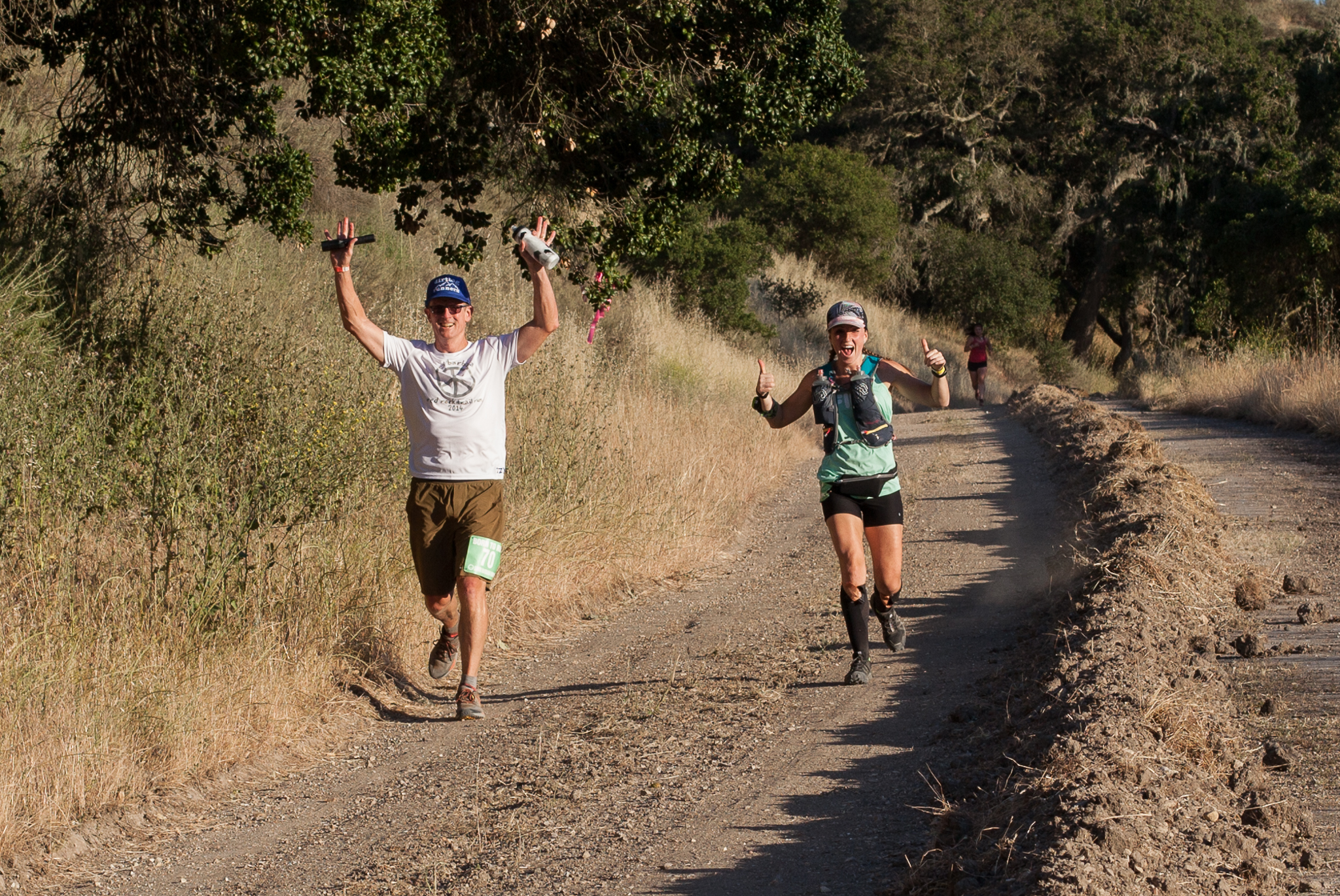
In prior races I’ve found myself in dire conditions and it was only through the kindness of wonderful strangers at aid stations that I have been able to achieve my goals. Experiencing those moments of misery reminded me about the importance of aid stations and their volunteers, indeed, on this night I witnessed exhausted souls make there way to our oasis after completing their 5th or 6th 20-mile loop. Many times I’ve arrived at an aid station during the course of an endurance race with an attitude,”what do you know” as volunteers asked me what I needed or how I felt. Importantly, this weekend taught me that those “strangers,” most likely have much more experience than I do, as I later toured the course, I came across a,’whose, who’ of the local running community that showcased many 100-mile finishers and even a few of those mythical individuals who have conquered a 200-mile endurance race. Throughout the night, athletes stumbled into our tent, at times bordering on delirium seeking momentary shelter and nourishment. Whether it was a warm cup of soup, vasoline, a few minutes next to a heater as temperatures dropped to the 30s, or serving as an alarm while they enjoyed much needed sleep I felt privileged to provide support to people that were pushing their own limits. Volunteering at this years BTR has perhaps been one of my most proudest contributions. The experience was nothing short of inspirational as I witnessed both men and women fight through despair and push through the physical pain of blistered feet, severe dehydration, and extreme mental fatigue.
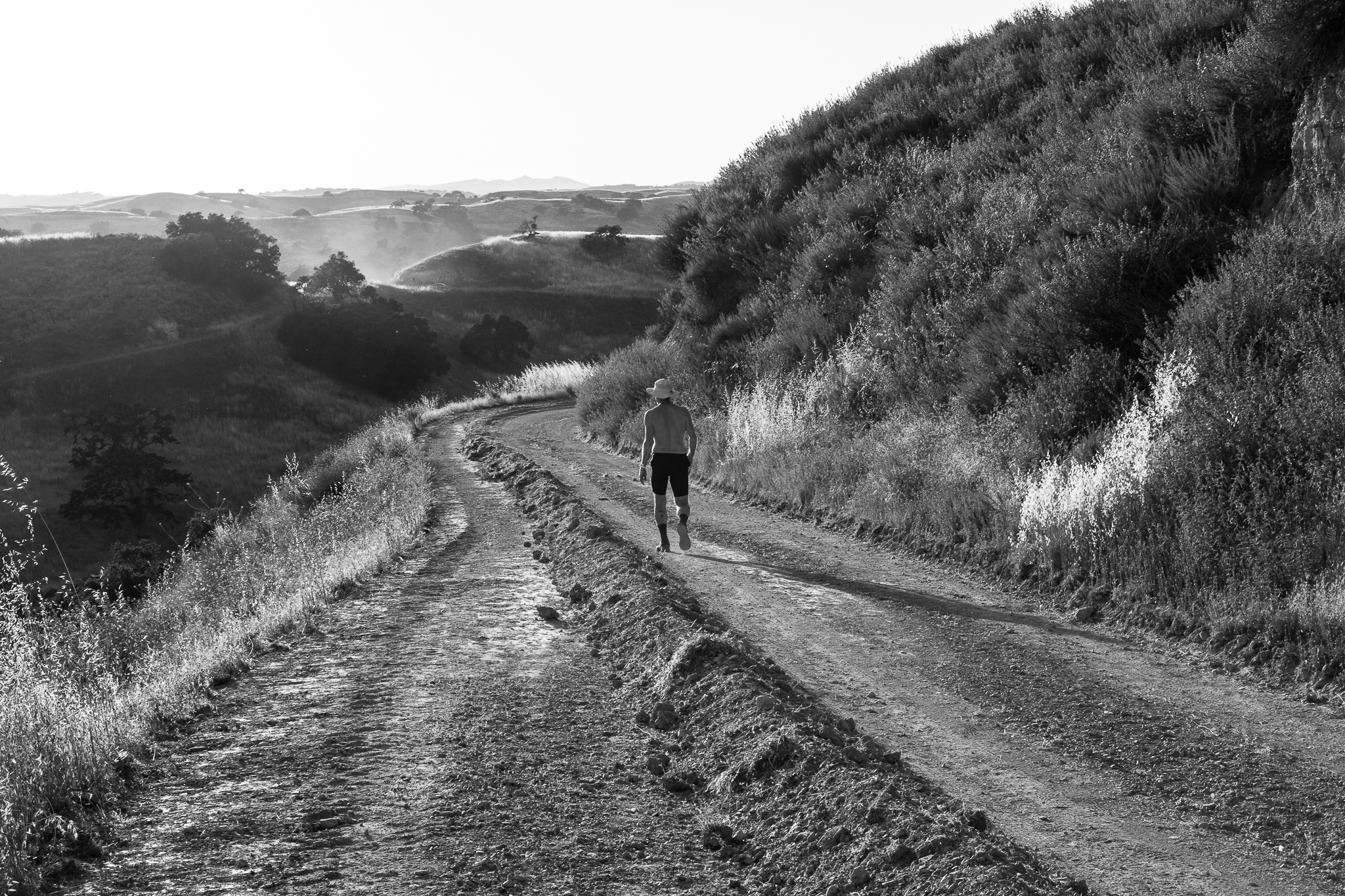
The following morning, after my volunteering shift ended I joined several friends for a portion of their 50K adventure. It’s always a treat to spend time on the trails with friends and this was no different. Saturday provided an incredible heat wave that effected everyone on the course, temperatures reached near 100 degrees on a course that was almost entirely exposed to the elements. I rationalized the difficult times on the course as practice time being physically uncomfortable, entertaining a torrent of thoughts including the all too common, “why am I doing this?” In the end, BTR was an entirely new experience that afforded me a new perspective on running and its my understanding that I missed out on several key events this year, which means I will have to return to BTR in 2018 as a seasoned veteran.
